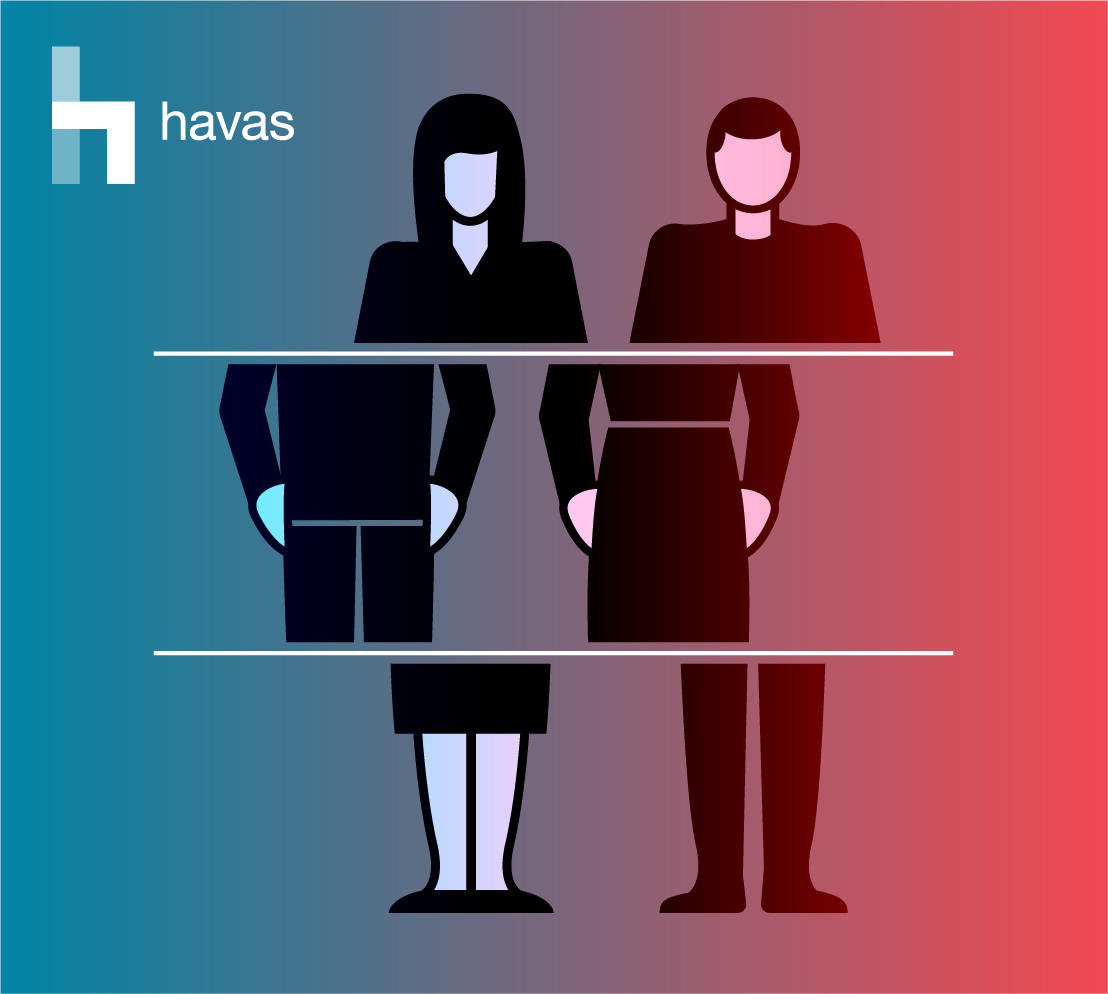An international study of global attitudes by Havas towards gender biases and roles has revealed that almost half of both men and women believe the world would be a better place if more women held positions of power.
The study, entitled “The Future is FeMale”, draws on experiences and points of view of nearly 12,000 men and women in 32 markets, including Ireland. The study sought to measure how far gender equality has come in an era where women in most parts of the world are able to do things once considered solely exclusive to men; from work outside the home, to pursuing higher education, voting, owning property and holding elected office.
However, the study revealed that globally, only 24% of senior management positions are held by women.
Globally, women represent just under 23% of national parliamentarians, while some countries such as Germany, Rwanda and Argentina have implemented gender quotas as a means to address gender imbalances in political office. As the study points out, it is one thing to be able to vote in an election and quite another to be able to steer the political agenda.
Based on the findings of the survey, both men and women are supportive of women’s advances and are aware of the added value women could bring to business and government if permitted to play a role equal to men’s.
This has been highlighted by recent studies which demonstrated that hiring and promoting more women can have a marked effect on a company’s bottom line. For instance, a 2016 study by the Peterson Institute for International Economics and EY found that companies with at least 30% female leaders had net profits as much as 6% higher than companies with no women in leadership positions.
However, for all the progress made in recent decades, 50% of Irish men and women believe that modern-day women have rights but no real power.
“The media is raging with arguments about pay gaps, harassment, sexploitation, rape culture, mansplaining, and manspreading, not to mention gender fluidity, transgender equality, gender-neutral language, and the place of women at the top of society,” said Marianne Hurstel, Havas creative’s chief strategic officer who commissioned the research.
“We are seeing a trend toward a future in which people will be judged by the content of their character rather than the makeup of their chromosomes. And that future may not be terribly far off,” she added.
Other key global findings from “The Future Is FeMale” include:
- You don’t have to identify as a feminist to support women’s equality. Less than a third of women (31%) and 17% of men surveyed consider themselves feminists, but it’s clear that the basic tenets of the women’s movement are now deeply ingrained in the public mindset. Strong majorities of those surveyed (84% of men and 91% of women) agree that men and women who do the same job should be paid the same. Only 5% of men and 3% of women disagreed. Moreover, both sexes were more likely to agree than disagree that the world would be a better place if more women were in positions of power. And a majority (52% of men and 64% of women) said they would like to see more women hold executive positions.
- Gender distinctions are fading. The study asked respondents a list of 25 important traits and attributes, and asked whether each one applies more to men, to women, or to the two sexes equally. Though there were some distinctions (both sexes agreed that men are more mechanical and women are more nurturing and sensitive), for the most part we saw a real overlap between the genders. The main findings revealed that:
o 75% of both men and women believe the two sexes are equally valuable to society
o 69% of men and 71% of women believe the sexes are equally smart
o 64% of men and 68% of women believe the sexes are equally intellectual
o 63% of both men and women believe the sexes are equally trustworthy
o 61% believe the sexes are equally hardworking
o 57% believe the sexes are equally creative/innovative























